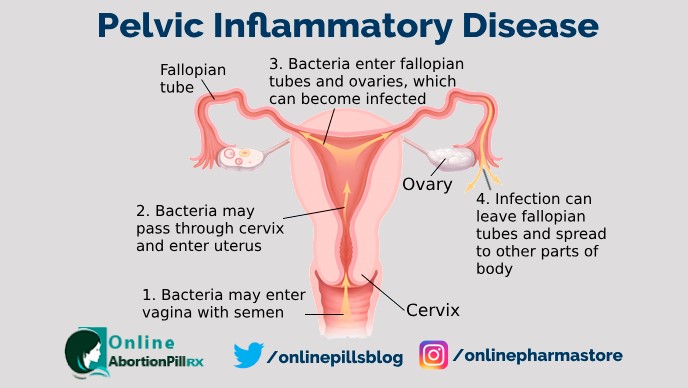Pelvic Inflammatory Disease
Pelvic inflammatory disease (PID) is an infection of the female reproductive organs. It is usually caused by sexually transmitted bacteria or virus spread from your vagina to your uterus, fallopian tubes or ovaries. Risk factors include having unprotected sex or having multiple sexual partners.

Most common pathogens include
- Chlamydia
- Gonorrhoea
Symptoms
Pelvic inflammatory disease may have no signs or symptoms in the beginning. As such, you may not realise you have the condition until much later when you may experience the following
- Chronic Pelvic Pain
- Heavy periods or smelly vaginal discharge
- Pain during intercourse or while passing urine
- Infertility (inability to get pregnant)
- Ectopic Pregnancy
Click to Watch Video on ‘Pelvic Inflammatory Disease by Disease Journalist
Management
You should see your gynaecologist if you suspect you have may PID to have the following tests done to get a diagnosis and treatment as soon as possible
- Endocervical Swab
- Hysterosalpingogram
- Diagnostic Laparoscopy +/- Surgery to remove scarring or adhesions
Treatment
1. In acute infection, you need antibiotics to clear the infection. This may include surgical drainage of any fluid or pus in the pelvis.
2. In chronic or long-standing PID, you may need surgery to remove scarring or adhesions and repair any damage to the Fallopian tube
Prevention
Practice safe sex and insist on using a condom every time (especially with new partners). Get yourself and your partner tested for sexually transmitted disease (STD) at a lab near you
Discuss with your Gynae Doctor about your treatment options
Disclaimer. TELEME blog posts contains general information about health conditions and treatments. It is not intended to be a substitute for professional medical advice, diagnosis or treatment. The information is not advice and should not be treated as such.
If you think you may be suffering from any medical condition, you should seek immediate medical attention from your doctor or other professional healthcare providers. You should never delay seeking medical advice, disregard medical advice, or discontinue medical treatment because of information on this website.








